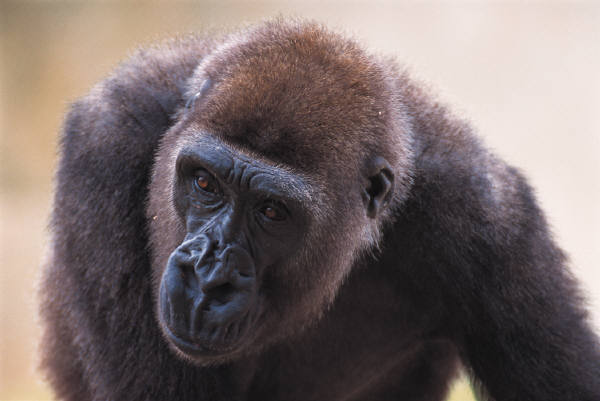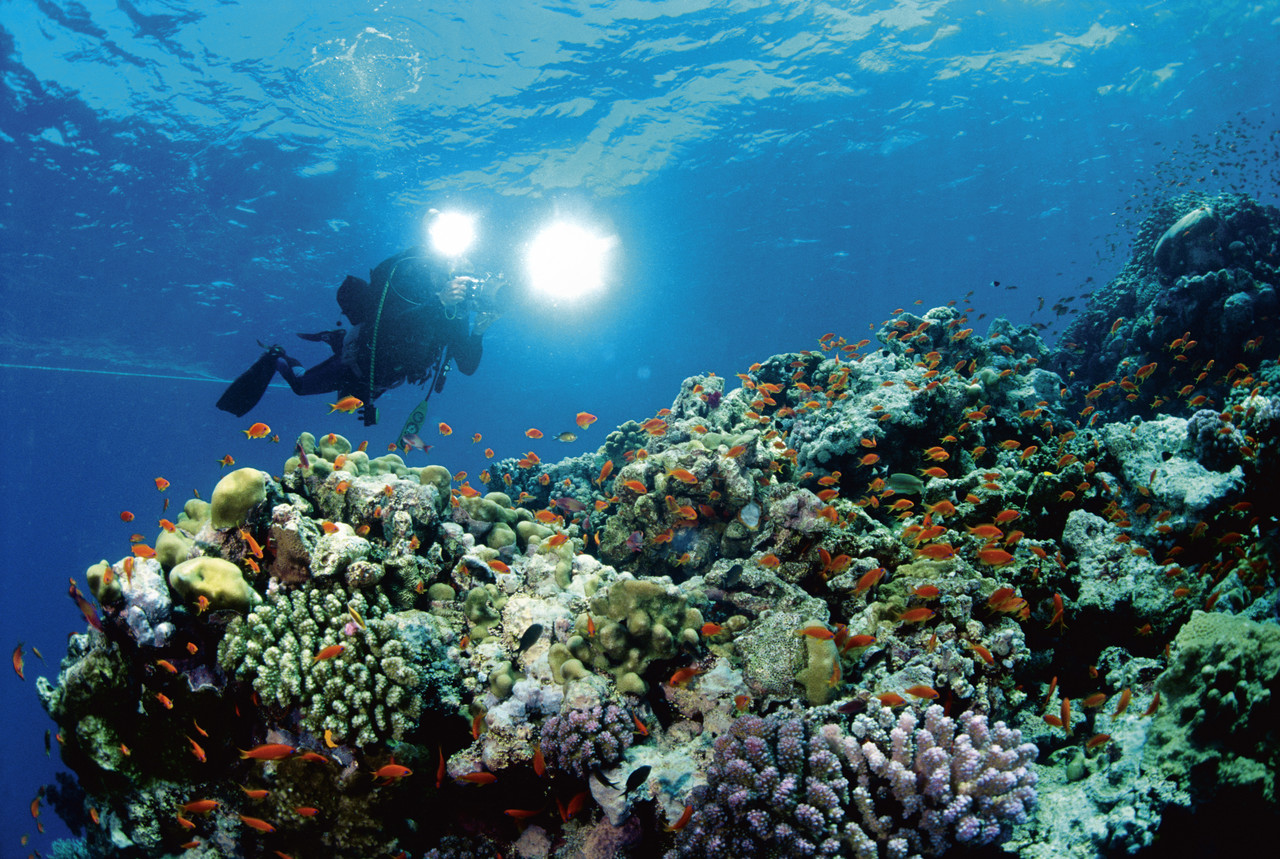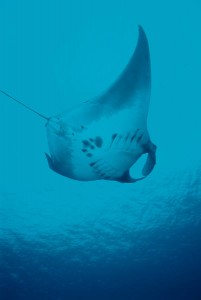I once started to read a book by a mystery author that I wanted to like, but she started off with a scuba scene in which a diver was attacked by a predatory manta ray that tried to rip the tank from her back. I put the book down, and I haven’t read anything by that author since. All scuba divers know that manta rays may be impressive giants, but they are gentle filter feeders that eat plankton, shrimp, and very small fish. There are a lot of scuba divers in the world. As an author, wouldn’t you suppose that a LOT of readers out there, especially readers attracted to a book with underwater scenes, would be divers or at least somewhat knowledgeable about marine biology? Yeesh, it would have taken the author two minutes to look up a few facts about manta rays on the internet! Frankly, it pisses me off when authors succumb to this sort of laziness.
Even in fiction, stories need to be plausible. It would be my worst nightmare to have a reader walk up to me and say “This could never, ever happen!” We can invent people or places that don’t exist, but when we stick in real places, events, animals, people, and so forth, I think all writers owe it to their audience to look up the basic facts to get the gist of the story right.

Gorilla
Whether they write about cooking or quilt making or courtroom drama, a lot of hardworking authors out there are writing about what they have experienced. I do that as much as possible, too. I’m a hiker/kayaker/snowshoer/scuba diver, so I have many outdoor scenes in my books. I’ve worked as a private investigator, too, so a lot of my knowledge of investigation and legal procedures goes into the mix. But when I want to write about something that I haven’t experienced, I try to find someone who has had that experience, and read everything they have written, or talk to them in person if I can. My mystery THE ONLY WITNESS has to do with a gorilla who knows sign language. I don’t personally know any gorillas, but I’ve read all the books I can find about all the apes who have been taught sign language over the years, and I did my best to remain true to what the researchers reported about their subjects. My book ENDANGERED takes place in a fictional Utah park, but it’s an amalgamation of various parks I have explored in Utah, so the various topographical descriptions should feel real.

Diver Photographing Coral Reef
I’m currently working on a mystery that takes place in the Galapagos Islands. It’s been awhile since I was there, so I’m reading everything I can in English and in Spanish, to update my knowledge. I’m sure I’ll make a few mistakes (and I am intentionally inventing a few dive spots that don’t exist) but I’ll get the basics right and so my story should be believable.
Good writers do research. And it’s so easy these days that there’s no excuse. If you can’t find the information you need on the internet–and verify it with several different sites–you can probably find someone who knows by simply asking on Twitter or another social site. And then there’s the old standby–our wonderful library system. Talk to librarians; odds are they can help you find exactly what you need.
I don’t think writers always need to “write what they know,” but I do believe they owe it to their readers to write like they know what they’re talking about.

As usual, I’m impressed by your latest blog. You always show a lot of intelligence, as well as common sense. Good job!
Thanks, R! Always nice to hear that I’m not sticking my foot in my mouth.
I agree, Pam. The same goes for editing. If I pick up an independent published book and run into typos, poor sentence structure, long winded narrative exposition, too much back story, description that doesn’t move the story along … the author has lost me forever. Many books are waiting on my “to be read” pile, so I don’t waste time on those that pull me out of the story with editing flaws.
I’ve read your previous novels. Your latest, “Endangered” goes on the top of my reading list.
Very good point, Marion. I wholeheartedly agree. There are too many great books out there to waste time on the ones that authors didn’t care enough to polish.
Or perhaps they just don’t know … so dangerous to self publish until the writer has
researched the experience of those in the know and had other sets of eyes reading it.
As someone that’s been diving since the age of 10 (mid 40s now) and has experience ranging from caves to instructing to commercial work all i can say is that i agree totally.
when i was younger i LOVED the Dirk Pitt Series of books now i find them so over the top reading them is impossible.
The other thing that annoys me are people talking about technical gear such as a rebreather’s like you can just put it on and use it without training, breath hold dives that competition freedivers would find hard to match and this insistence that all female divers have to be rescued by some kind of male lead instead of the other way around.
Not to mention that at least one shark attack or threat of an attack has to take place.
Its a bit like people watching ‘Sanctum’ at the movies and thinking all cave dives are like that, its a pity they had to do go over the top the real story its based on was much more gripping when it happened in south australia.
Some authors that i think have got it right are people like Nevada Barr who has her lead able to match it with any of the others, Glyn Marsh Alam who again has a feel for both police diving work and also a good mystery and 2 new additions Sue Rawle from the UK who wrote about how to commit the perfect ‘SCUBA Murder’ and another one from the UK Mo Hayder who has as one of her main characters a Police Sgt with the Water Police Dive Team and whose descriptions of carrying out a underwater body search or evidence search are always right on the money (Skin is a good one to start with).
Then there’s people like Kathy Brandt who are just starting out (wish she would right more) but seem to have stopped for now and of course Vikki Hendricks whose female leads never ever take a backward step! (Iguana Love is a great dive one).
Anyway as someome that has worked with a female commercial diver from Norway on an oil rig on bass strait in Tasmaina and also been a DM for just over 10 years with the one female instructor in Sydney i can tell YOU that most female divers, cave or tech, normal or mixed gas can hold their own and i wish more people would write them that way instead of the ‘helpless in need of rescue’ type people seem to prefer.
as one quick example i was on a mixed gas dive out of a dive bell working on the rig and if that girl from Norway wasn’t my buddy to fix up the problem with my Kirby Morgan Dive Helmet (always known simply as a ‘hat’) i don’t think i would be here now.
so how about some girls rescuing guys huh??
it does happen ya know..
Stephen
NSW Australia.
PS
if anyone ever wants advice on diving stuff im always happy to help..
That’s great to know that you’re out there to check with for diving advice. I’m a diver, and I’m writing my third series mystery in the Galapagos, and guess what–my female protagonist DOES rescue her more experienced partner! How did you know? I’m guessing Kathy Brandt got dropped by her publisher, like so many authors did a couple of years ago; she seems to be self-publishing now. I will definitely check out Vikki Hendricks–thanks for letting me know about her. Safe diving!